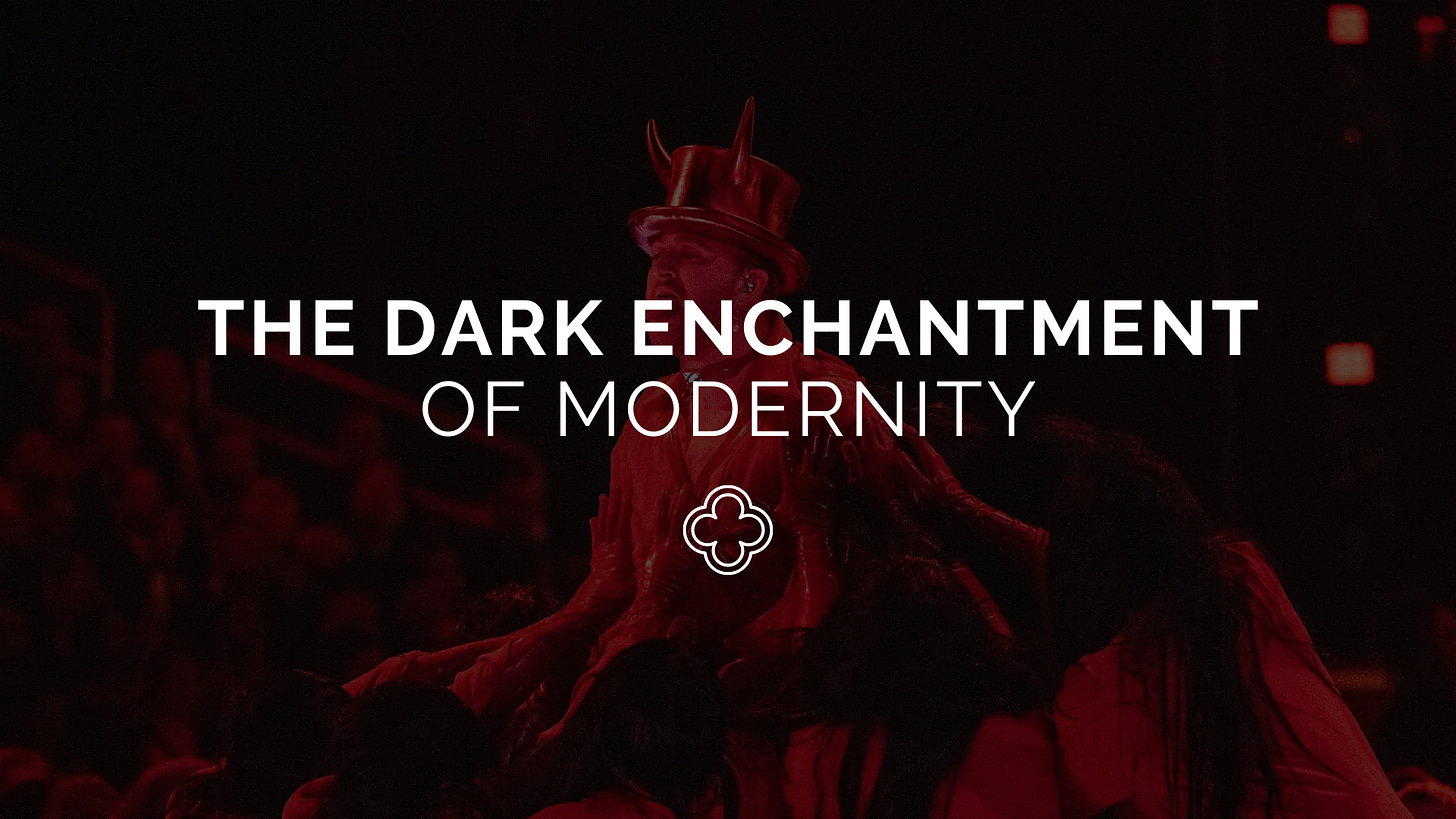The Dark Enchantment of Modernity
Re-enchanting Cosmic Imagery, Language, and Ethics
Introduction
I’ve recently been thumbing through Jason Baxter’s The Medieval Mind of C.S. Lewis. At some point last year, I had heard an interview that Baxter did with The Theology Pugcast and was intrigued, so I decided to pick up a copy of his book. Let me say: I have not been disappointed. It is the first book that I’ve had a chance to read this year,…
Keep reading with a 7-day free trial
Subscribe to The Narnian to keep reading this post and get 7 days of free access to the full post archives.


